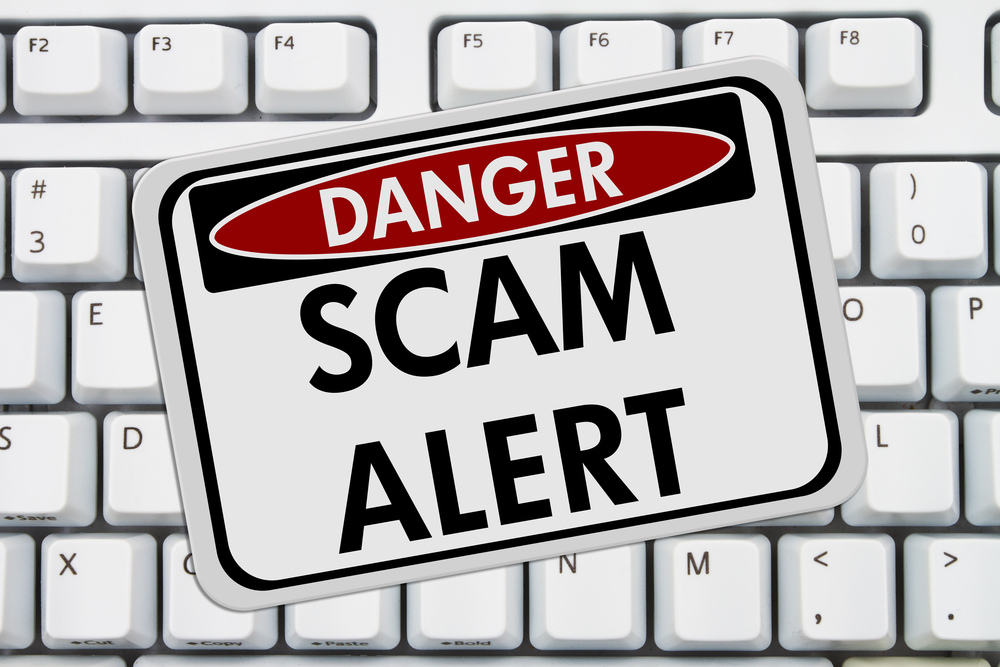Household Bills
Warning for tax credit claimants as email scams soar by 131%

People who claim tax credits are being warned about scam or “phishing” emails sent out by fraudsters in the run-up to the 31 July renewal deadline.
Nearly 25,000 phishing emails were reported to HM Revenue and Customs (HMRC) during last year’s renewal period, which runs from April to July.
HMRC said 11,219 phishing email reports were recorded last month, a 131 per cent increase on May 2013.
The tax authority closed down 1,740 illegal sites altogether in 2013, most originating in Turkey, Spain and Bulgaria. Phishing emails also came from the UK and USA.
Phishing emails often promise money back and, if the recipient clicks on a link, they are taken to a fake replica of the HMRC website. They are then asked to provide credit or debit card details or other sensitive information such as passwords. The fraudsters then try to take money from their account.
They often ask for the recipient’s name, address, date of birth, bank account number, sort code, credit card details, national insurance number, passwords and mother’s maiden name.
In addition to money being stolen from victims’ bank accounts, their personal details can be sold to criminal gangs, leading to possible identify theft.
Nick Lodge, director general of benefits and credits at HMRC, said: “HMRC will never ask people to disclose personal or payment information by email. We are committed to claimants’ online security but the methods fraudsters use to get information are constantly changing, so people need to be alert.”
HMRC is asking people to be wary of e-mails with attachments which might contain viruses designed to steal personal or financial information, and not to open them.
One scam is contained in an email circulated from taxreturn@hmrc.gov.uk telling recipients about a 2013 tax refund report. The email appears to have been issued by “Tax Credit Office Preston”, but it is a scam. It includes an attachment that contains a virus. Recipients are urged not to respond and to delete it immediately.